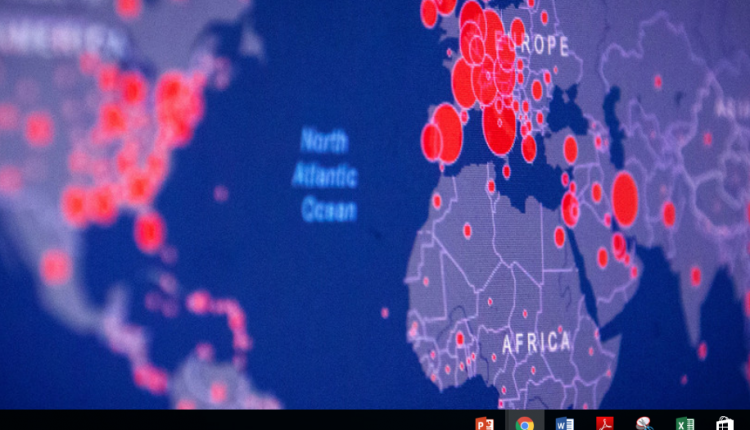Trusted data helps us all ‘understand the changing world’: Guterres
Current, reliable and trusted data help us to “understand the changing world” in which we live, the UN chief said on Tuesday in his message for World Statistics Day.
Statistics are “fundamental for evidence-based policymaking…[and] drive the transformations that are needed”, in order to ensure no-one is left behind, upheld Secretary-General António Guterres.
And the COVID-19 pandemic has highlighted the increasing importance of data to save lives and recover better.
Data for development
Data permeates all aspects of the UN’s work and is critical to unlock potential across the globe. As the world strives to achieve the Sustainable Development Goals (SDGs), Mr. Guterres flagged his recently launched Data Strategy for Action by Everyone, Everywhere, as a tool to provide greater “insight, impact and integrity”.
“On World Statistics Day, let us commit to invest in and support the vital role of data in meeting the challenges of our time” and to “spotlight the role of statistics in advancing sustainable development for all”, urged the Secretary-General.
Strengthening data for a changing world
The third World Statistics Day coincides with the 2020 Virtual UN World Data Forum, where over the course of three days, thousands of data experts are discussing the importance of strengthening data for a changing world.
The Secretary-General of the International Telecommunication Union (ITU), Houlin Zhao, told the meeting that his UN agency is “very much invested in using data as a tool for evidence-based policy making”.
The UN’s Department of Economic and Social Affairs maintained that investing in data is “an investment in facts”, saying, “in a world where misinformation is spreading like a virus, we have to invest in data we can trust”.
Demographics
Consultations surrounding the census likened “being left out of statistics” with “being invisible”.
The experts emphasized the importance of making sure that “everyone is counted because everyone counts”, warning that individuals who are not taken into account have no voice in decisions that impact their lives.
Speaking from the Open Data Institute in London, Jeni Tennison maintained that good governance “isn’t just shutting down and stopping data collection”, but also “enabling innovative data use that can still act effectively in the current ecosystem”.
Spotlight the role of statistics in advancing sustainable development — UN chief
Sustainable future
The fact that better data can help guide the world out of the COVID-19 pandemic and achieve a more sustainable future for all, was a message that reverberated on the second day of the Forum.
Ayla Bajwa, founder of SDG-driven data services company ampUz, reminded that the private sector must be engaged to achieve the 17 Global Goals – whose progress needs to be measurable.
She recalled the Secretary-General’s SDG Progress Report that stated that timely, disaggregated data across countries, targets and indicators “remains a challenge”, and stressed that this is why “finding innovative ways to fill these gaps is critical, and leveraging the private sector to do this makes sense”.
Three high-level plenary sessions covered data use, trust and leaving no one behind.
And the world’s top experts have called for smarter financing for better data.
Proper access to digital public good, along with adequate regulatory models, are “key to ensure that we can fully and safely leverage the benefits of AI [artificial intelligence] and new technologies”, expert Mila Romanoff told the forum.

